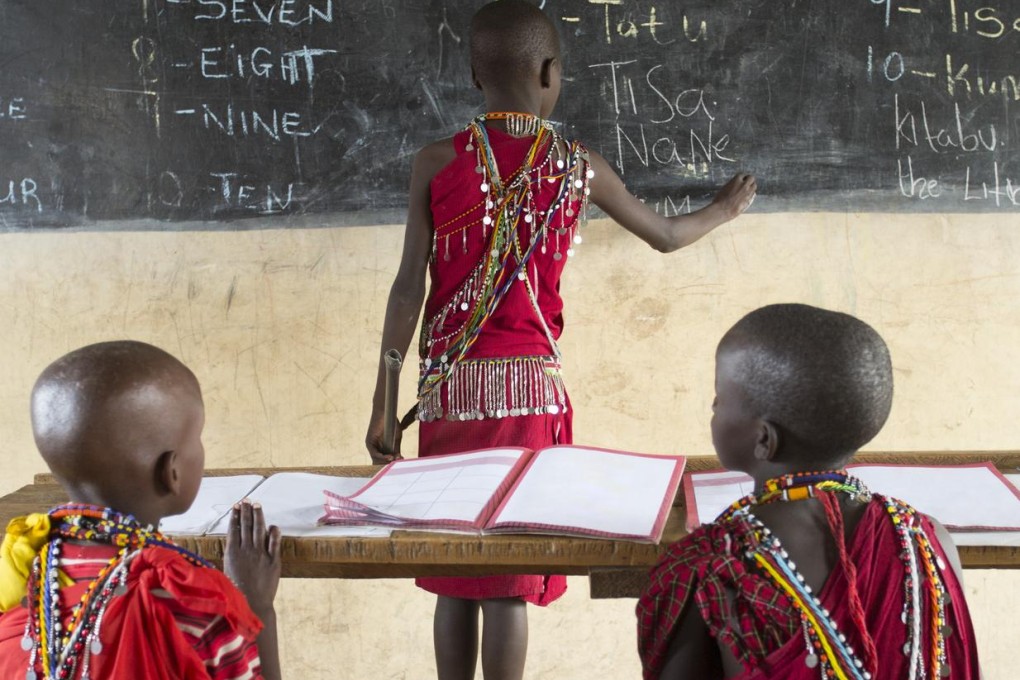Disabled children left out of school; homework adds to family stress
United Nations Millennium Development Goal of granting every child access to primary education is not being met in the case of those with disabilities, report says


Children with disabilities continue to be left out of school even as some countries assert that they have met the millennium development goal to grant every child access to primary education, according to a report by Human Rights Watch. The second goal, which targeted universal primary education by 2015, will not be met, largely because of poor progress in sub-Saharan Africa. Problems related to getting disabled children into the school system are also thought to be behind the failure. "Many, if not most, disabled children are not enrolled in schools in developing countries," says Hannah Kuper, co-director of the International Centre for Evidence in Disability at the London School of Hygiene and Tropical Medicine.

A US study has found the homework American youngsters bring home is adding to "family stress". Researchers studied 1,173 English- and Spanish-speaking parents in Rhode Island with children in kindergarten through to high school to take stock of the impact of homework. They focused on "the 10-minute rule" - the principle, set in 2006 by the NEA teachers' union - that the time children spend on homework should be the equivalent of their grade level times 10. The study - in the current issue of the American Journal of Family Therapy - found that primary school children were getting three times more homework than recommended under the 10-minute rule. "Family stress … increased as homework load increased and as parents' perception of their capacity to assist decreased," it added. The study recommended better application of the 10-minute rule, and homework assignments that call for parents to be supportive mentors, not skilled tutors.

Countries in Southeast Asia stand to lose billions of dollars in the near future unless urgent measures are taken to enrol millions of out-of-school children in the region, according to a report released by Unesco Bangkok. "The economic cost of out-of-school children in Southeast Asia", co-published by Unesco Bangkok and the Washington-based Results for Development Institute focuses on seven Southeast Asian countries: Cambodia, Indonesia, Laos, the Philippines, Thailand, East Timor and Vietnam. The report estimates that if primary school enrolment patterns do not change, the unskilled workforce that emerges will cost countries anywhere from 0.1 per cent of their GDP in the case of Vietnam to as much as 4 per cent of GDP in East Timor. An estimated seven million children are out of school in East Asia and the Pacific, according to the Unesco Institute for Statistics.